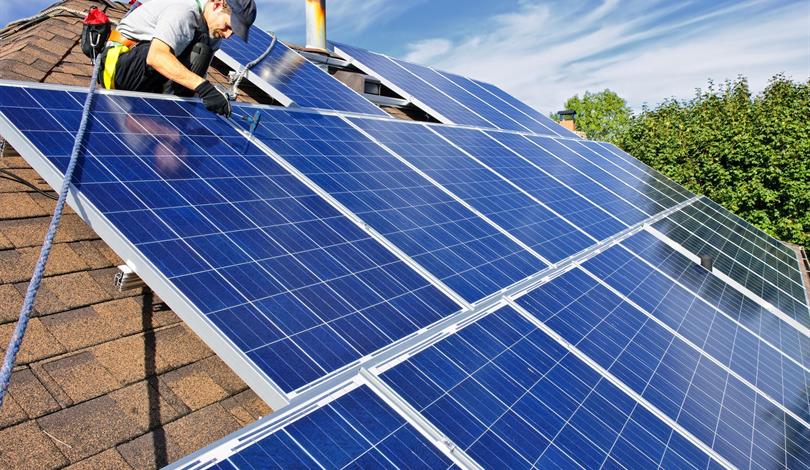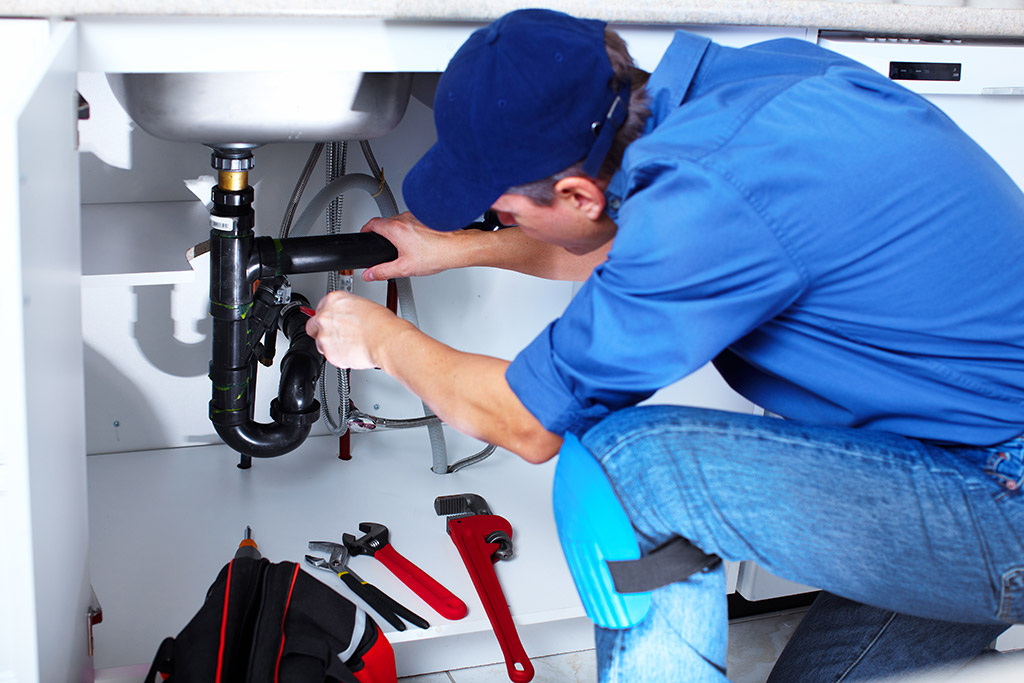Solar energy systems are becoming increasingly popular for homeowners and businesses looking to harness the power of the sun and reduce their carbon footprint. While selecting the right solar panels and inverters is crucial, the role of solar conduit is often underestimated. Solar conduit, also known as electrical conduit, plays a vital role in the installation of solar panel systems by protecting and concealing the wiring, ensuring safety, and maintaining the system’s integrity. In this article, we’ll explore the importance of choosing the right solar conduit for your solar panel system.
1. Understanding Solar Conduit
Solar conduit, in essence, is a protective tube that houses and shields electrical wires, cables, and connections in a solar panel system. It serves several key functions:
Protection: Solar conduit protects the wiring from physical damage, UV radiation, moisture, and weather-related elements. This protection is vital to ensure the safety and longevity of the solar system.
Safety: By encapsulating the wiring, solar conduit prevents accidental contact with electrical components, reducing the risk of electrical shock or fire hazards.
Compliance: Many local electrical codes and regulations require the use of solar conduit to meet safety standards. Using the right conduit ensures that your solar panel installation complies with these requirements.
2. Types of Solar Conduit
There are different types of conduit materials and designs, each suited for various applications in a solar panel system. Some of the common types include:
Rigid Metal Conduit (RMC): Made of steel or aluminum, RMC is a sturdy and durable choice. It is commonly used for larger-scale solar installations and in areas where extra protection is necessary.
Intermediate Metal Conduit (IMC): IMC is lighter than RMC but still provides excellent protection. It is often used for above-ground installations.
Rigid PVC Conduit: PVC conduit is non-metallic and is resistant to corrosion and moisture. It’s suitable for outdoor applications and is a cost-effective choice.
Flexible Conduit: Flexible conduit is ideal for routing wires through tight or curved spaces. It’s often used for the final connections within the solar panel system.
Liquidtight Conduit: Liquidtight conduit is designed to protect wiring in wet or damp environments. It is particularly important in areas prone to moisture, such as near swimming pools or in coastal regions.
3. Factors to Consider When Choosing Solar Conduit
Selecting the right solar conduit for your solar panel system is essential to ensure the effectiveness and safety of your installation. Here are some key factors to consider:
Environmental Conditions: Assess the environmental conditions in which your solar panel system will be installed. Consider factors such as weather, moisture levels, and exposure to UV radiation.
Local Regulations: Familiarise yourself with local electrical codes and regulations. Different areas may have specific requirements for conduit materials and installation methods.
Size and Capacity: Ensure that the conduit size is appropriate for the number of wires and cables in your solar system. An undersized conduit can lead to overheating and damage.
Material and Corrosion Resistance: Depending on the environment, you may need to select materials that are corrosion-resistant. For coastal areas or regions with high humidity, non-metallic conduits may be preferred.
Cost and Budget: Evaluate your budget and the overall cost of the conduit. While it’s essential to choose a conduit that meets your requirements, cost-effectiveness is also a consideration.
4. Professional Installation
Proper installation of the solar conduit is equally important. It’s advisable to have a professional electrician or solar installer handle the conduit installation. They have the expertise to ensure that the conduit is installed according to local regulations and industry standards. A professional installation also guarantees that the conduit and wiring are safely and securely integrated into the solar panel system.
5. Maintenance and Inspections
Once your solar panel system is up and running, regular maintenance and inspections should include the solar conduit. Periodically check the conduit for damage, wear, or any signs of deterioration. Any issues should be promptly addressed to maintain the safety and efficiency of the solar system.
Conclusion:
In conclusion, choosing the right solar conduit for your solar panel system is a critical aspect of a successful installation. It safeguards the wiring, ensures compliance with safety regulations, and protects the system from environmental elements. By considering factors such as the environmental conditions, local regulations, conduit size, and material, you can make an informed choice. Professional installation and regular maintenance are also crucial for the long-term performance of your solar panel system. Remember that the right conduit is not just a protective measure; it’s a key component in your journey toward harnessing clean, sustainable solar energy.





